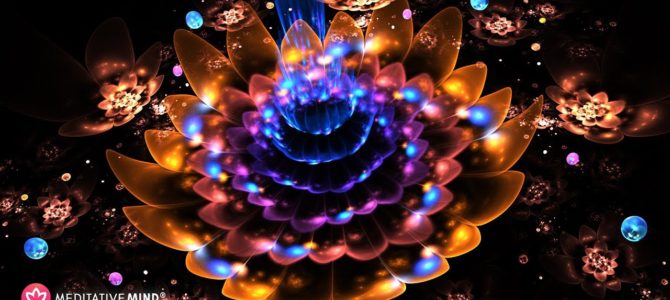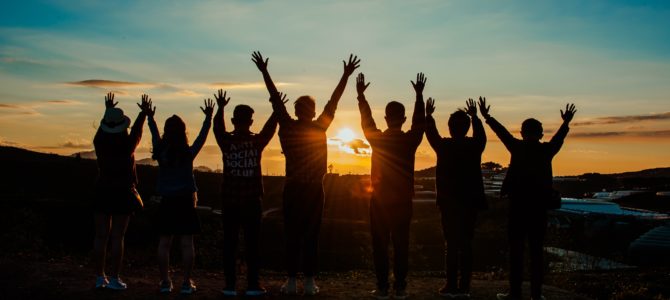285 Hz ❯ IMMUNE SYSTEM BOOST ❯ Heals and Regenerates Tissues ❯ Mandala Meditation Music



After COVID-19 By; Firoozeh Bowden 3/29/2020 The funny thing is, for several months before we knew about COVID-19, I felt anxious and out of balance. I knew something big was coming, but what….? It was driving me crazy! So I…

Physical and spiritual Spring Cleaning By; Firoozeh Bowden 3/22/2020 Growing up in Iran, I remember that before every first day of spring (usually March 21) my mom as well as all our neighbors, doing a thorough house cleaning called…


GOD is Not punishing or forsaking us! The universe is a loving place. By; Firoozeh Bowden 3/18/2020 Will we go back to the same life after crisis of coronavirus feeling bitter — thinking of this as a “Punishment” from “GOD”— or…

12 things that have become more clear to me in recent years, by observing people and events around the world, and knowing difficult people and challenges are like mirrors that can show us where we need spiritual growth. By Firoozeh…